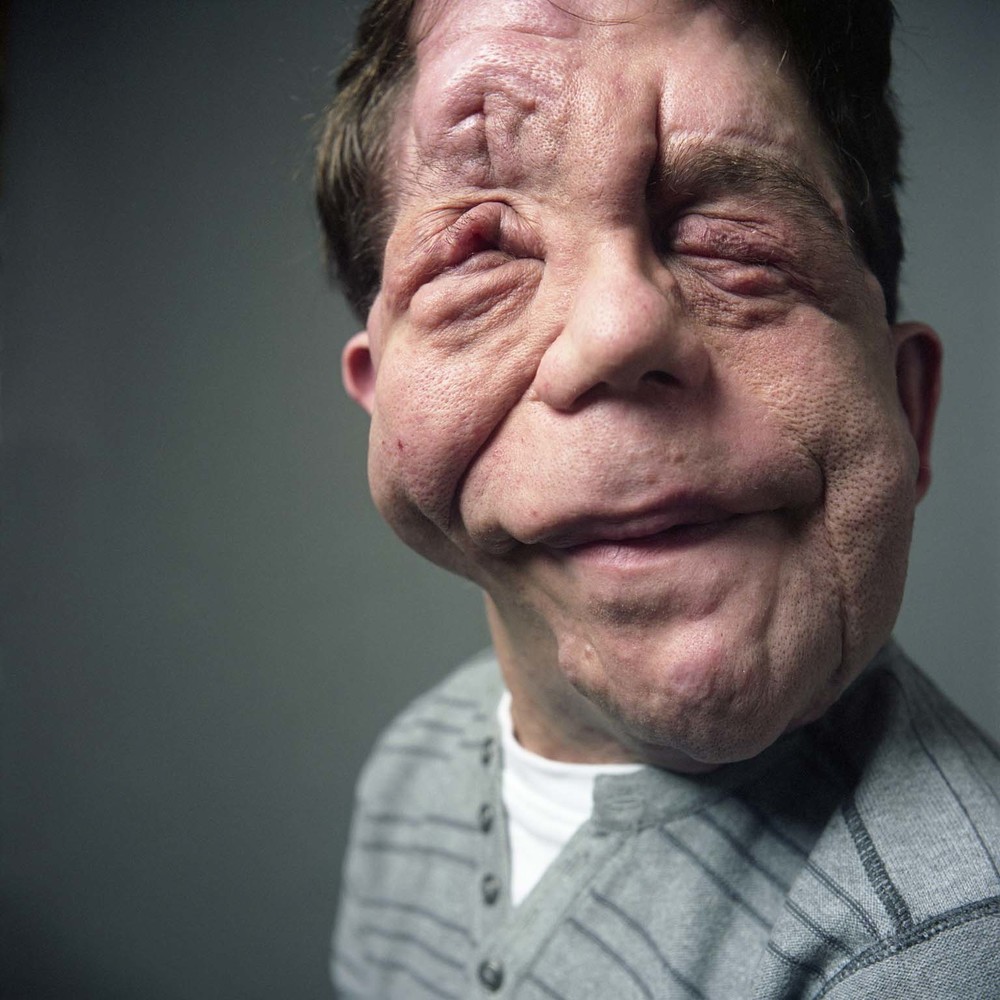Adam Pearson - injustice within justice
Do you know how it feels to be stared at all the time - wherever you go? This is exactly what happens to 28 year old Adam Pearson who suffers from the rare condition of neurofibromatosis. What Adam experiences goes well beyond funny looks and whispers. When people's attitude towards his disability turn more violent, he is left feeling scared.
Looking into the issue of disability hate crime in the UK, this is what he says:
"Living with a facial disfigurement, in a busy city like London, means I am rarely invisible. Even something as simple as a train journey can turn into a gauntlet of stares, pointing and whispers.
I have neurofibromatosis type 1, a condition that causes benign tumours to grow on nerve endings - in my case, on my face. I can understand why people stare. Disfigurement is so widely unrepresented in our media heavy culture it is little wonder people don't know how to react to it. But stares and whispers are not in themselves hate crimes, even if it does mean I have to experience people's prejudice and misconceptions of disability on a daily basis. When people get drunk, they like to call me names - I have been called 'spastic', 'elephant man' and 'deformed mutant"
"While I don't enjoy being looked at constantly, what I experience cannot be labelled as a disability hate crime. That is a more serious issue. The term itself is banded about a great deal, and yet remarkably very few people know what it is or recognise it. It's any criminal offence where the victim, or another person, thinks it has happened because of prejudice based on their disability, or perceived disability.
But the behaviours I do come into contact with, if left unchecked and unchallenged, can become the origins of such hate crime. Pointing and staring can quickly progress into name-calling, particularly on nights out when alcohol is added to the equation. "
The law categorises Hate Crime in five different minority groups on the grounds of race, religion, sexual orientation, transgender and disability - each group being protected by different laws with disability excluded from certain hate crime laws.
For example, race and religious hate crimes are considered aggravated offences, that is if anyone assaulted a disabled person, the judge could punish the offender with a sentence of up to six months, but if the attack was race-related, sentences can be extended for longer - up to two years.
This is obviously a case of inequality and changing the law won't be easy. Yet, while changing the law is difficult, people's attitudes can definitely be changed. By allowing people, especially children, to get closer to those affected by disability, it would not take long for anybody to realise that a 'disabled' person is no different to anybody else! It is often fear or ignorance that turns people away from those who look different to us.
In his documentary The Ugly Face of Disability Hate Crime Adam Pearson states:
"I believe people are capable of great change. Prejudice comes from fear, so if we can increase education and visibility of people with disabilities, this will increase familiarity and therefore lower the level of hostility towards disability in the UK. "



